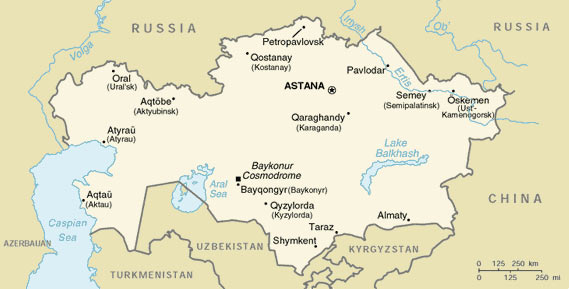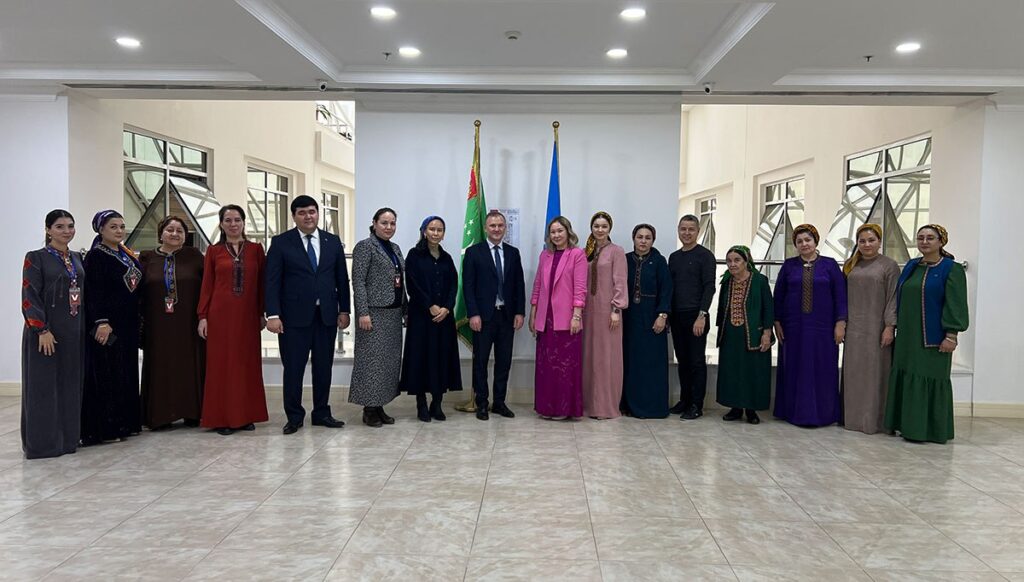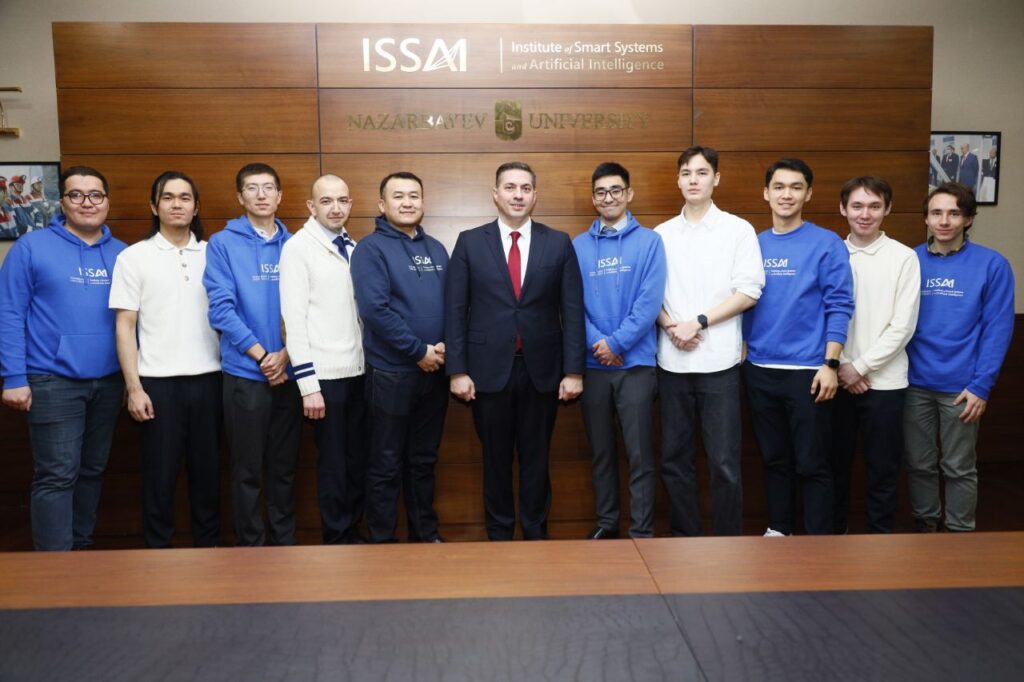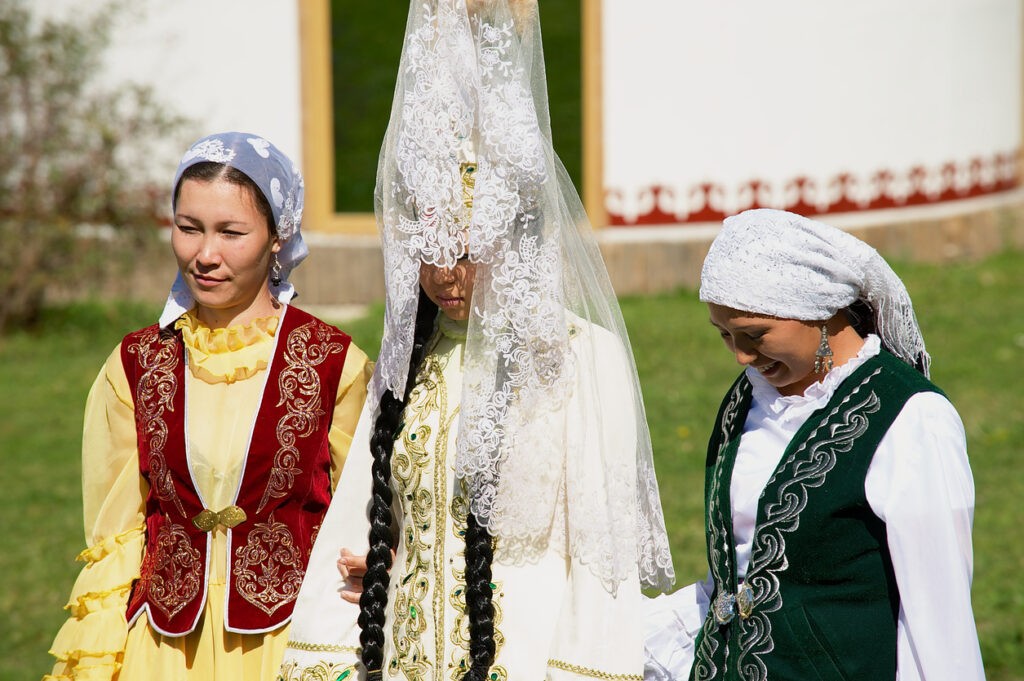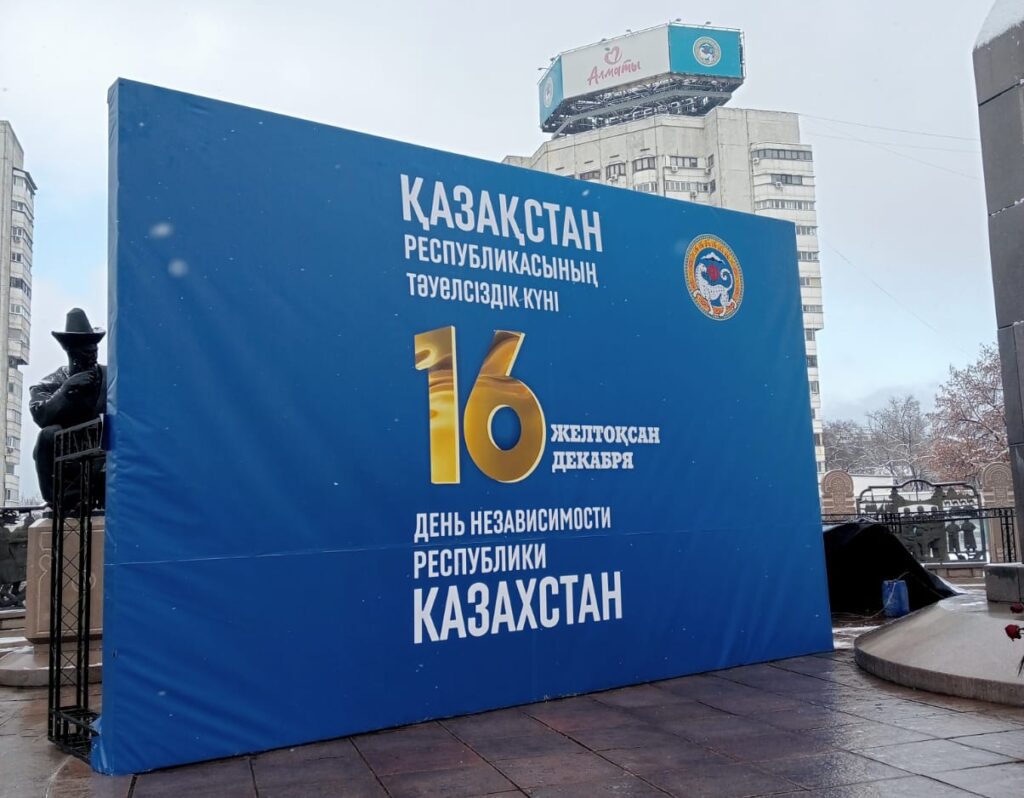ASTANA (TCA) — Kazakhstan President Nursultan Nazarbayev has ordered the government to introduce a Latin-based alphabet for the Kazakh language by the end of 2017, marking a major shift after nearly 80 years of using a Cyrillic-based alphabet, RFE/RL reported.
The order is part of a new “strategic plan” for the country that was published in the state-run Egemen Qazaqstan newspaper on April 12.
It appears to be part of efforts to emphasize Kazakh culture while distancing the country from Russia and shedding rules and traditions left over after decades of domination by Moscow.
In the plan, Nazarbayev wrote that textbooks in the new Latin-based alphabet must be issued by 2018 and teachers must be trained to use it.
Nazarbayev stressed that his 2012 program for Kazakhstan’s development through 2050 envisioned a complete switch to a Latin-based alphabet by 2025.
“That means that by 2025, we must have all official papers, periodicals, books and text-books printed in the Latin-based alphabet,” the April 12 statement said.
It said the Cyrillic-based alphabet will be used in parallel with the new alphabet for a “transitional” period.
In 1929, Soviet authorities replaced traditional Arabic-based alphabets used by Muslim minorities in the Soviet Union with Latin-based national alphabets.
In 1940, the Latin alphabet was replaced with Cyrillic, the alphabet used for the Russian language.
Nazarbayev’s previous statements on a possible shift to the Latin alphabet have appeared to irk Russia.
In 2006 and 2012, Nazarbayev and his foreign minister, Erlan Idrisov, publicly defended the proposal after it was criticized in Russian media as a geopolitical move.
In January 2013, after discussions of Kazakh-Russian space cooperation with the Russian Foreign Minister Sergei Lavrov in Moscow, Idrisov said that there was “no subtext and no geopolitical signal in Kazakhstan’s intention to switch” to a Latin alphabet.
Kazakhstan has a sizable ethnic Russian minority. Russia’s annexation of Crimea from Ukraine in 2014 sparked concerns that Moscow might set its sights on a swath of northern Kazakhstan, along the border with Russia, where the majority of Kazakhstan’s Russian-speakers reside.
